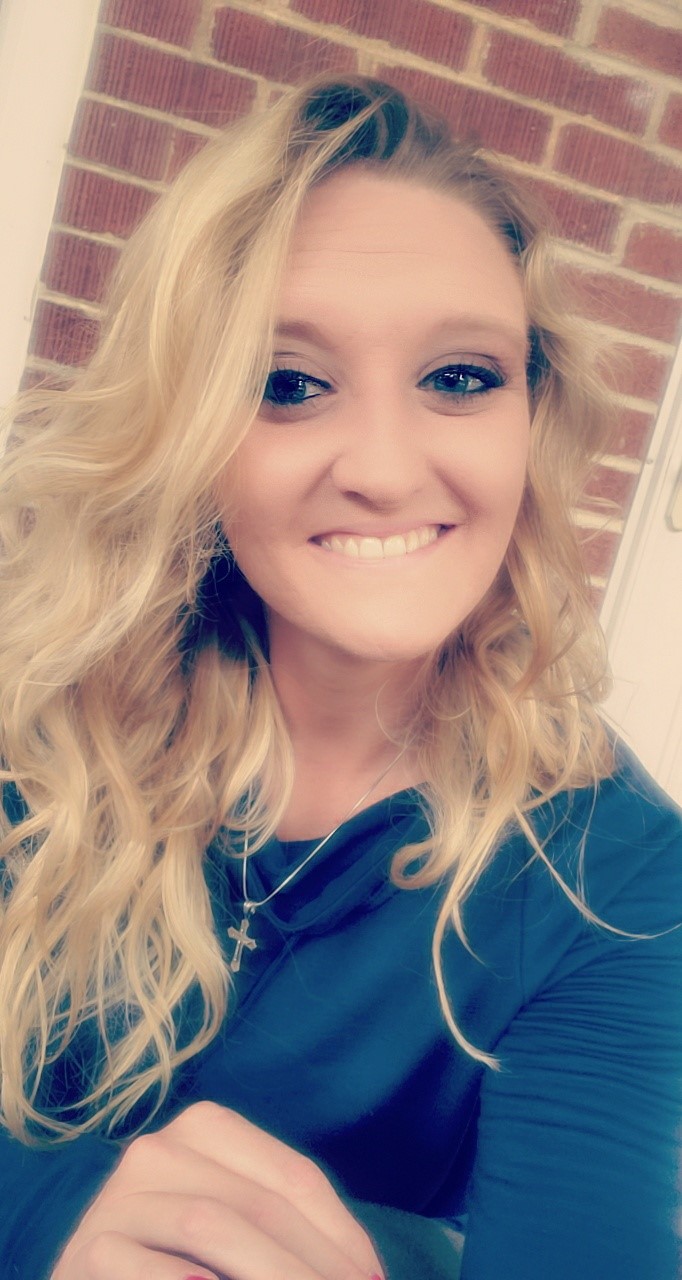Seizing the Future—One Woman’s Journey to Recovery
Even small dreams can feel out of reach when we grow up without seeing others able to attain them. That dynamic makes recovery from substance addiction seem almost impossible.
Recovery is difficult even at the best of times. For children raised in homes struggling with addiction, a life without substance use—and the possibilities that come with such a life—can seem laughable. For Alisha Smith, her success now would have seemed laughable or even downright strange at one point in her life. As she puts it, “I grew up in a home where addiction was the norm and everyone else was just strange if they didn’t live like us.”
Learning The Hard Way
Alisha had to figure out a great deal for herself from a very young age. “My father left when I was about one year old,” she says. “My mother overdosed and passed away when I was 11.” She says that despite these traumas, she still looked for ways to feel normal and stay upbeat. “I started to cheerlead and that pretty much occupied my mind and body in a positive way,” she says. However, drinking—a common pitfall of teenage life—also became a way for Alisha to occupy her time. “I discovered I liked alcohol at age 16 but didn’t start heavily drinking until I was about 18,” she remembers.
“When I was 16, I drove to Tennessee, where my father was incarcerated,” she says. “He made empty promises that he was coming back to Roanoke. He did, in fact, come back—and brought a whole family with him.” Alisha says that her father eventually “became my party buddy and partner in crime.”
School became less engaging for Alisha. “I stopped trying in school and I lost my spot on the cheerleading squad,” she says. “At age 20, I met the father of my child and started using intravenously. I was in and out of trouble, and locked up in jails for about four years, off and on.”
The Road to Recovery Isn’t a Straight Line
It was during one of these stays in jail that Alisha began to plan for a life without substance use. “When I was released this time, I knew I wanted to find recovery,” she says. She remembers that, at the time, “My daughter was with my cousin and I wanted her back.” That was a powerful motivator. “I did stay clean for almost two years but relapsed on alcohol,” she says.
She remembers that first relapse well. “I relapsed on alcohol on a Sunday and that Friday I caught a gun charge because the guy I was dating at the time brought it along, shot it near my face, before he passed out drunk. I moved the gun for safety reasons but it was still in the possession of a felon—myself,” she recalls.
Alisha says that it felt like she “hit an all-time low…and I was back using for a year and a half.” She says that from that moment, things continued to spiral downward. “In that year and a half, I overdosed multiple times. I finally violated my probation and they sent me to Botetourt Jail,” she says. With her life reaching a critical moment, she once again made the decision to take back control and make big changes.
“I was in there for three months but it felt like an eternity,” she says. “In that time, it took me over a month to detox and feel like a human being again and then I was able to connect with my friends from Narcotics Anonymous.”
Making the Change Stick For Good
Staying clean, however, was going to take grit and determination because life still wasn’t done throwing challenges at Alisha. “When I was released, I decided I needed to swallow my pride and accept any help that came my way,” she says.

“I was still working this whole time to see my daughter and in December of 2019 they terminated my rights and awarded my cousin the right to adopt her. I had over a year clean and that didn’t matter.”
Despite the disappointment, this was a huge moment of triumph for Alisha’s recovery. She recalls feeling “completely defeated,” but she stayed strong and didn’t use. “Instead,” she says, “I got stronger.” She then heard about the TAP RESTORE program, which helps women in recovery to build skills and supports them as they pursue new employment opportunities or careers.
Turning the Corner
As Alisha got to know the program staff, she knew right away that she could use the tools the program had provided to keep building on her momentum. “I met with [RESTORE case manager] Kimberly once and we talked and I knew right then that the program could benefit me and that she truly wanted to help,” she recalls. The more Alisha shared about her life experiences, the better the program staff were able to customize the program tools. She told Kimberly about her dream of working in a recovery environment and Kimberly connected her to a local and free Peer Recovery Specialist training. “Throughout that training, which was two weeks long, Kimberly bought supplies for my classes. She gave me gift cards for gas to get to whatever job I was working. The program gave me a gift card for clothes to start new jobs. I wouldn’t have gotten through those hard times without that help.”
Building Blocks of Success
Alisha was able to translate that help and that early momentum into continued success in recovery and in her career. “Today I am a residential aide at Pinnacle Treatment Services,” she says. “I adore my job and the staff that surrounds me. I have a great relationship with my daughter and even though I do not have her, we are seeing each other and that’s enough for me at this point in time.”
The biggest change in Alisha hasn’t been her recovery, or her material situation, so much as it has been her developing a powerful inner strength and resilience—which helps her stay strong on good days and on bad days alike. She says, “People—us addicts—think that when we get clean that we get all the things that life has to offer. We feel like we should get the car, the license, the husband, the kids back, the perfect job, and that all will be right in the world again. Sometimes that is true and sometimes it is not.”
Bright Future
Alisha is looking forward to a new career helping other people in recovery. She says, “Since I work in a peer-centered field, I can now get certified. I look forward to sending other people like myself in Kimberly’s direction. I’m looking forward to marriage and a bigger house. Those are things I never in my wildest dreams imagined. They weren’t possible until now.”
Alisha’s story can teach us so many things: it reminds us that there is always a way back up from rock bottom; it reminds us not to take the people and the opportunities in our lives for granted; and it inspires us to keep looking for chances to make positive changes in our own lives and communities.
Programs like RESTORE can be the catalyst, but big change comes from people deciding to push themselves forward. It takes time. It takes patience. But, most of all, it takes the ability to envision a better future—and believe in it enough to act on it.

